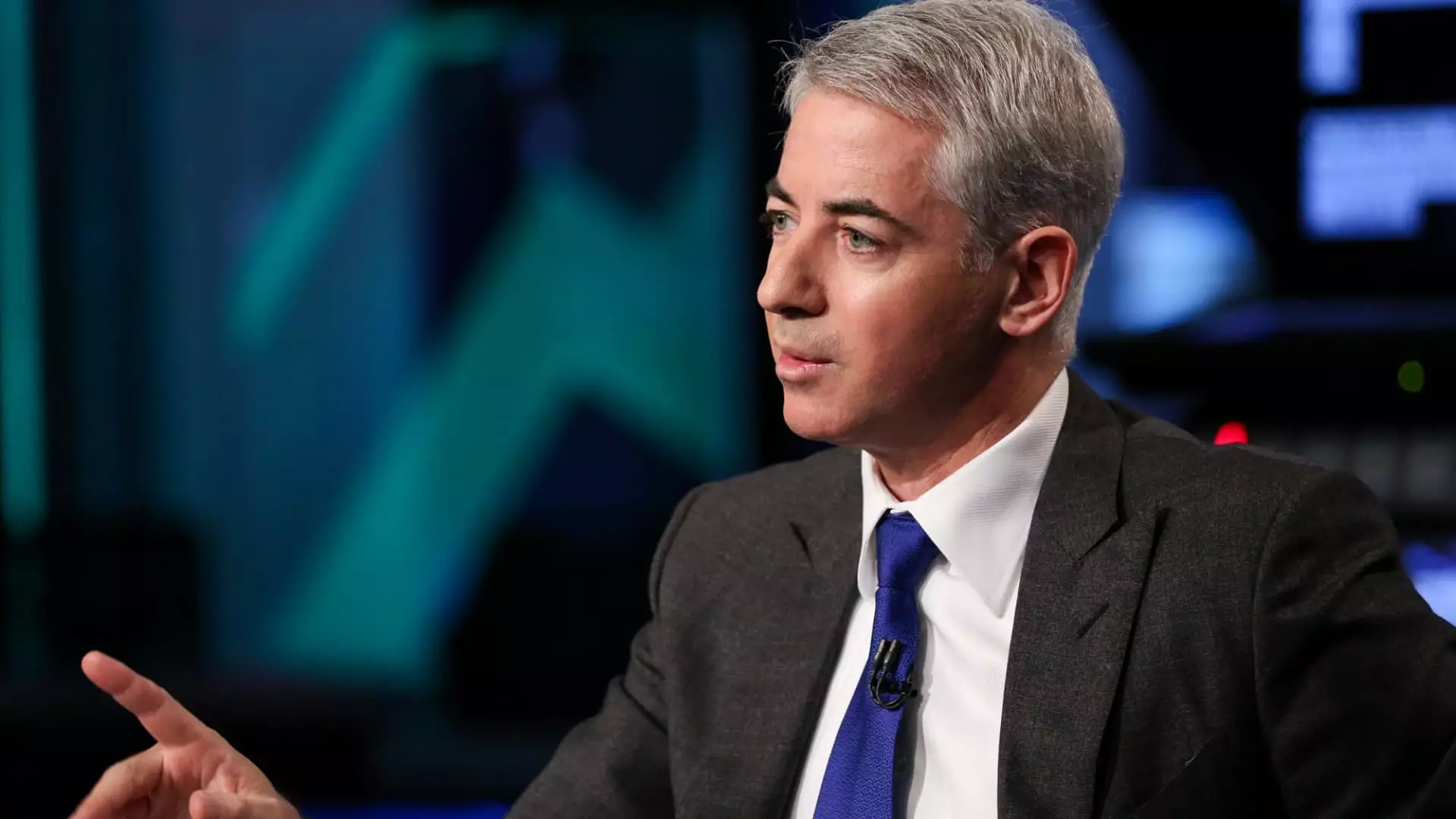Bill Ackman, a billionaire investor, has recently faced setbacks in the listing of Pershing Square’s U.S. closed-end fund. The IPO of Pershing Square USA Ltd., under the ticker PSUS, has been postponed without a specified date for rescheduling. This delay comes amid Ackman’s efforts to raise only $2.5 billion to $4 billion for the fund, which falls significantly short of the initial $25 billion target. This decision to delay the listing reflects a more cautious approach by Ackman in light of recent market conditions and investor sentiment.
Closed-end funds, like Pershing Square’s U.S. closed-end fund, sell a fixed number of shares during their IPO and trade on market exchanges. Unlike open-end funds, the price of the closed-end fund may not directly match its net asset value, leading to potential trading at a premium or discount. Ackman expressed concerns in a letter to investors about the size of the transaction and the historical negative trading performance of closed-end funds. This reflects the challenges in convincing investors of the fund’s potential to trade at a premium post-IPO, especially considering the structure and historical trends of such funds.
Pershing Square, with $18.7 billion in assets under management, primarily operates through Pershing Square Holdings, a $15 billion closed-end fund in Europe. Ackman’s decision to list a similar closed-end fund on the NYSE is strategic, as it could pave the way for an IPO of his management company. The public listing of Ackman’s fund aims to leverage his social media following and appeal to a broader base of investors. By offering exposure to large-cap, investment-grade companies in North America, Ackman seeks to attract investors looking for long-term growth opportunities and a focused portfolio management approach.
In his public roadshow presentation, Ackman emphasized the challenges of managing traditional hedge funds where investors have the flexibility to withdraw funds at any time. This constant need for fundraising and investor reassurance can impact the fund’s performance and stability. By managing permanent capital through closed-end funds, Ackman gains a more focused approach to portfolio management and the ability to take a long-term view on investments. This approach aligns with his goal of being a long-term investor in businesses, mitigating the impact of short-term market fluctuations and investor redemptions on the fund’s performance.
Bill Ackman’s decision to postpone the listing of Pershing Square’s U.S. closed-end fund reflects the challenges in convincing investors of the fund’s long-term potential and trading performance. By reevaluating the fund size and strategy, Ackman aims to navigate the complexities of the closed-end fund structure and leverage his expertise in managing permanent capital for long-term growth and stability.

